How Much Does an All-Electric Bus Conversion Cost?

How much do you think an all-electric bus conversion costs? Keep that number in your head or comment below before we get into the detail!
As you may know, my family of four live in a DIY school bus conversion. However, we also convert school buses for other people and recently worked on converting a 34-foot 2000 Bluebird bus into a tiny home for a couple.
Previously, I shared the full breakdown of how much it costs to live and travel in a skoolie, but today I wanted to share with you the full cost breakdown of turning a school bus into a tiny home on wheels.
You can also follow along with this Gsheet that lists out all the expenses.
1. Acquisition and road preparations
First, we paid $7,000 for the bus, which had a cracked axle housing (though this was an easy fix). The bus was in New Mexico, so we had to fly out to get it and drive it back to Florida, plus we had a breakdown and repair en route.
We also had to install a tow hitch package on a Honda Element, a tow bar, a tow hitch on the bus, as well as six brand new tires.
So, in total, we spent $17,050 on the acquisition and road preparations for this bus. That is a lot of money.
You can definitely find a cheaper bus closer to you with fewer problems. I don't think it's crazy to spend $10-15,000 to get the bus that's perfect for you.
2. Demolition and floor repair
For demolition and subfloor repair, we spent $340. It's the cheapest thing you're going to do, but it is also the hardest to do.
3. Ceiling penetrations
We took the hatches out and covered them up, installed two Maxxair fans and full-length solar roof racks then painted the roof with elastomeric paint. That all cost $1,115.
4. Subfloor & furring
I use 15 or 25 PSI insulation on the floor (0.5-2.5 inches depending on what climate you're building your bus for), then top it with subfloor. I recommend ⅝ or ¾-inch plywood subfloor.
For the furniture strips, we use pine 1x3s on the ceiling and ripped plywood on the walls. For the furring strips and the subfloor, we spent $1,281.
5. Insulation
We went with havelock wool insulation, plus ¾-inch polyiso to cover the windows. If you're going to be building a cold weather bus, spray foam is probably better. This cost $1,355.
6. Electrical rough-in
This is all the wires that go all through the bus. We use marine-grade wire. With all puck lights, dimmers, AC and DC outlets, and some other items, we spent $1,355.
7. Supply side plumbing
This is your water tank, water tank sensor, electric water heater, valves, accumulator tank, 12-volt water pump. We use SharkBite push-to-connect fittings. We spent a total of $1,444.
8. Covering everything in plywood
Now we can cover everything in plywood. We used some special screws and polyurethane sealant that coats everything and makes it look nice. This cost $982.
9. Interior walls
For this bus, I created sliding lateral doors to block off the back of the bus and the bathroom. We also built the overhead storage, various compartments, and interior walls, which cost $1,330.
10. Heating & air conditioning
We went with a Pioneer Mini Split. We hung the condenser underneath the bus and mounted the head unit in the back of the bus. We also bought a diesel heater and didn't end up installing it, but it's good to have. That all cost $1,690.
11. Living room
Now we have our couches, overhead storage, and various storage compartments. This is basically a bunch of plywood, a ton of hardware, and some labor. The big ticket items are upholstery for couch and dinette cushions. This all cost $2,450.
12. Flooring
We glued down budget cork flooring at a cost of $269.42.
13. Bedroom
In the bedroom, we've got some plywood for the shelves, an insulated curtain in the back, the mattress, and the bed frame. We spent $940.
14. Kitchen
Our kitchen consists of IKEA cabinets with custom-made maple drawer fronts.
We also got a DC refrigerator and a 110-volt wall oven, and went with luxurious quartz countertops too. We spent $6,060 on the kitchen.
15. Office
We also added an office using mostly 2x2s, plywood, and some hardware, including a mounting arm for a computer monitor, plus the monitor itself. This totalled $988.
16. Eletrical cabinet & off-grid electric system
This is an all-electric bus, so there is no propane. So, we needed a robust lithium battery bank and as much solar power as possible on the roof. We put 3200 watts of solar on the roof and made a monster 10,000+ kilowatt hour battery bank using Lion Energy UT 1300s. We also put in all Victron components. We used the 3000 VA MultiPlus at 24 volts.
We used a charge control that can handle all of those solar panels. We've got a links distributor to connect all those components together, as well as a ton of fuses and switches. That all came out to $13,426.
17. Bathroom
In the bathroom, we installed a Kildwick EasyLoo. We made a shower with a KERDI-Schlüter shower base and RedGarded walls.
We did a tile floor, then used faux cement to make a cement shower, which did not crack at all. In total, we spent $1,646.
18. Storage
For the closet, we used IKEA dresser, hacked it in there, and bought a closet bowl. We got some storage baskets and hangers. We spent $252 for interior storage.
Then, we used leftover plywood and hardware to make overhead and lower cabinets, which cost $134.
We found some used undermount truck toolboxes on Facebook Marketplace for $700. These ones were 60 inches long by 24 inches tall. Then we spent more money on hanging the graywater tank. So underneath the bus, we spent $1,445.
19. Waste plumbing
This includes the graywater tank, a sensor to keep track of how full the graywater tank is, plus all the PVC drains, HepvO valves, and sink traps. So for the waste plumbing, we spent $695.
20. Miscellaneous stuff
I'm sure we missed some little things here and there, so I estimated about $1,000 of miscellaneous stuff.
Electric bus conversion cost
That brings us to the grand total of $39,204 for this all-electric school bus conversion. I hope this breakdown helped explain the costs of a build like this.
Let me know whether the final total is more or less than your initial estimate in the comments below.
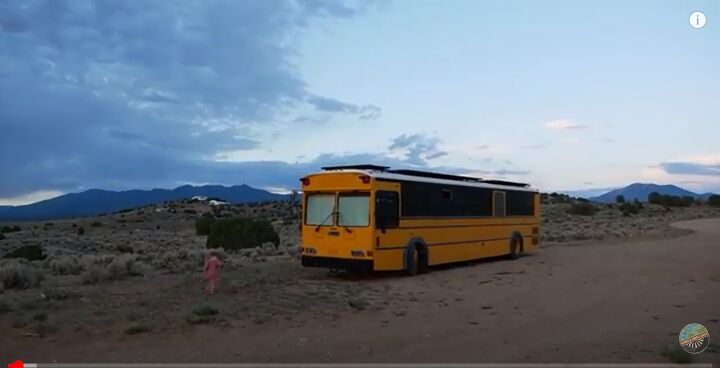





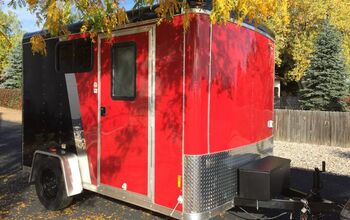
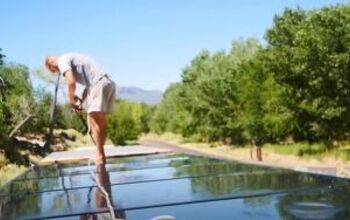
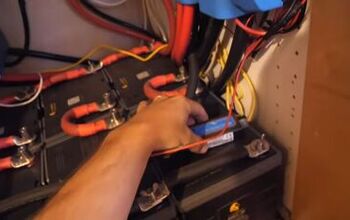
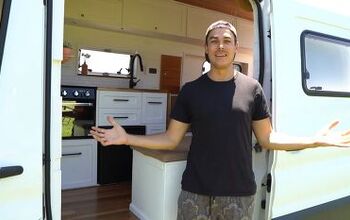
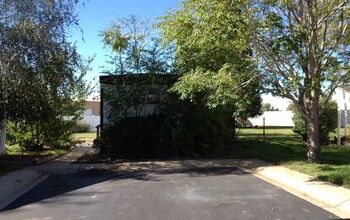
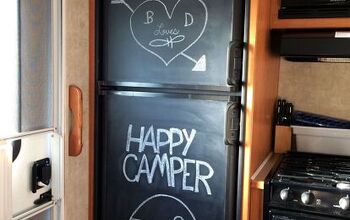

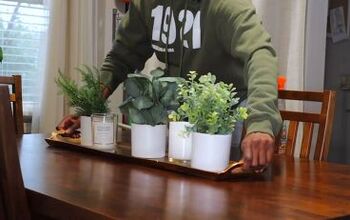
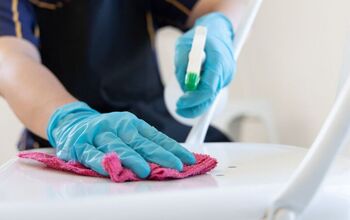


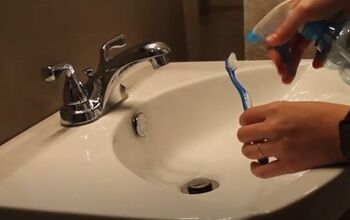
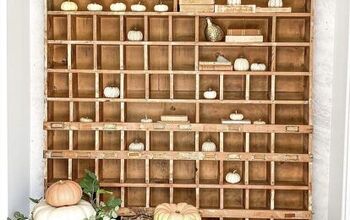



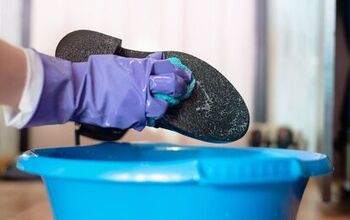

Comments
Join the conversation
ridiculous!! Should’ve just bought a Winnebago
What's the labor cost for all that?
Is the vehicle diesel or gasoline powered?